We need clarity on big pharma’s tax breaks | Letters
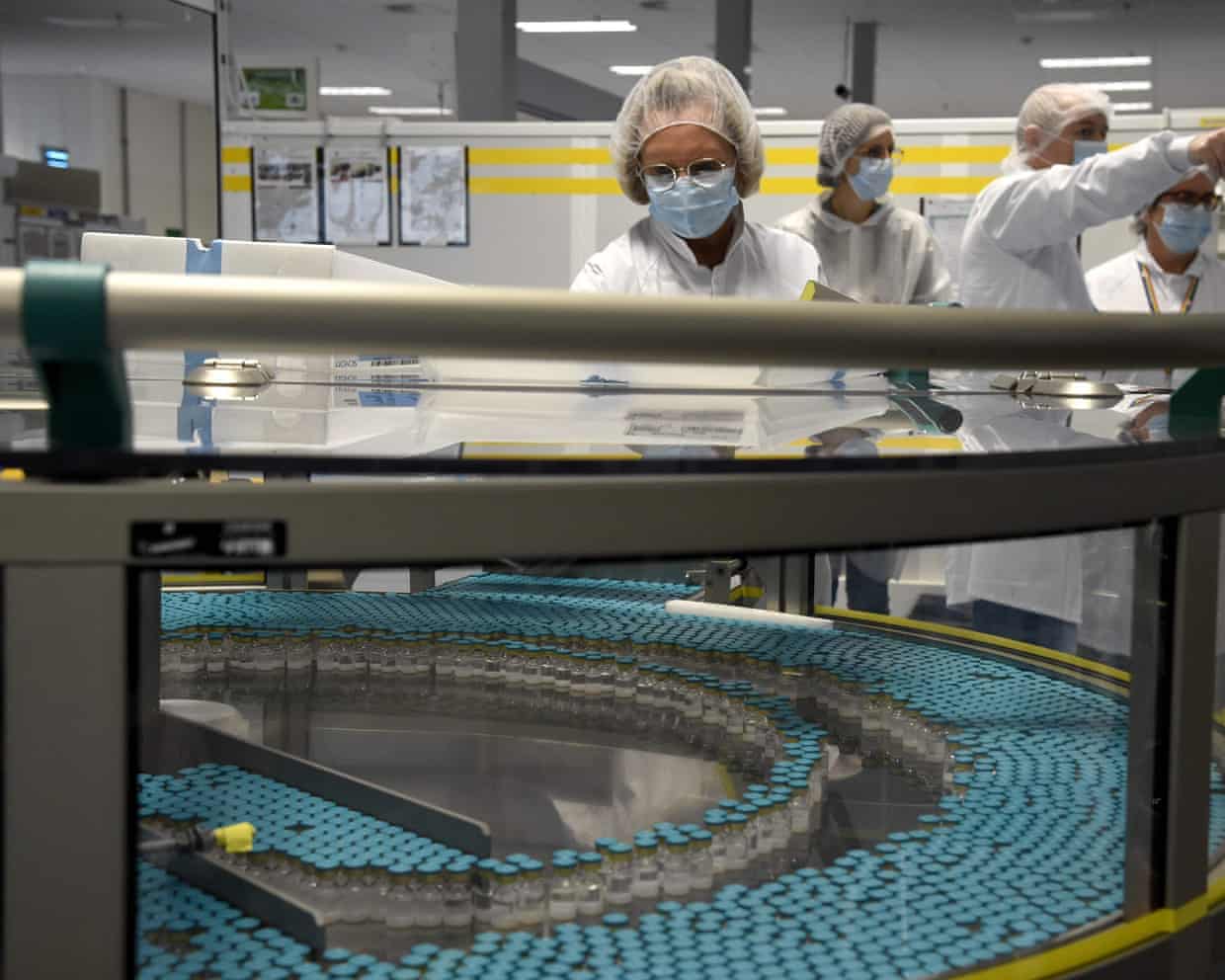
The outgoing chief executive of the pharmaceutical company GSK says the NHS should pay more for its drugs, in order to create “the right commercial environment” and ensure “patient access to innovation” (UK must reform drug pricing to become life sciences superpower, says GSK boss, 29 October).Our research shows that UK taxpayers are already paying handsomely for “patient access to innovation” through the £3.4bn in tax relief on profits of patented drugs that the UK has granted GSK via the UK’s “patent box” tax regime.This includes £486m in 2024 alone – larger than the entire budget of the Biotechnology and Biological Sciences Research Council, the UK’s main bioscience innovation funder.HMRC even granted UK tax relief to GSK on profits of a lupus drug, which for several years was unavailable to UK lupus sufferers, due to the price that GSK demanded from the NHS (£769.
50 per dose).With NHS budgets squeezed and tax rises on the horizon, it’s high time the government demanded more from drug companies in return for their “innovation” tax breaks – and high time that companies like GSK were honest about the extraordinary largesse they already receive from the UK tax system.Mike LewisDirector, TaxWatch Have an opinion on anything you’ve read in the Guardian today? Please email us your letter and it will be considered for publication in our letters section.
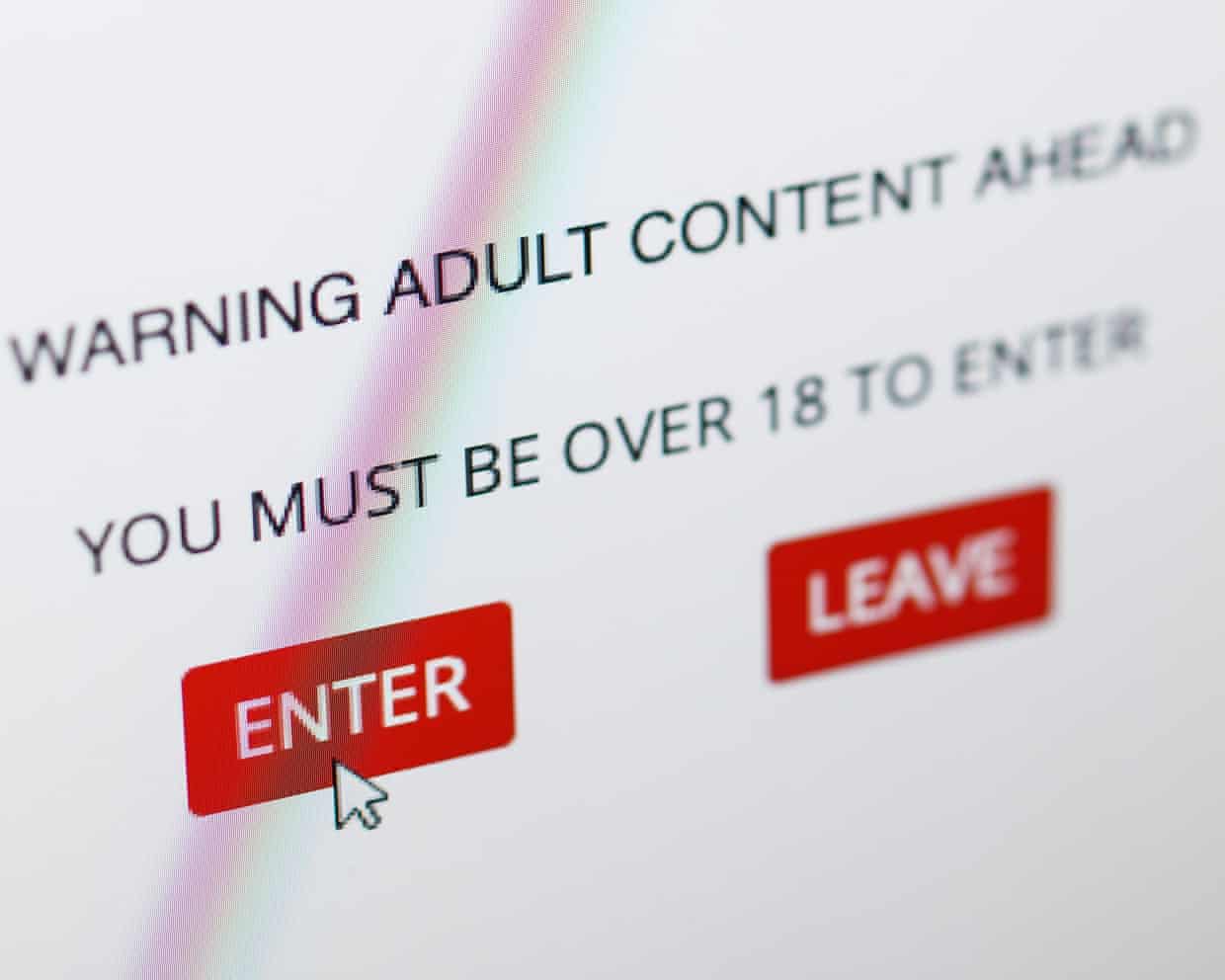
Pornography depicting strangulation to become criminal offence in the UK
Porn featuring strangulation or suffocation – often referred to as “choking” – is due to be criminalised, with a legal requirement placed on tech platforms to prevent UK users from seeing such material.Possessing or publishing porn featuring choking will become a criminal offence under amendments to the Crime and Policing bill tabled in parliament on Monday.In a separate amendment, victims of intimate image abuse will also have longer to come forward, with the time limit to prosecute extended from six months to three years.The government said this would help break down unnecessary barriers victims face when reporting a crime, “improving access to justice for those who need it the most”.The choking ban comes after a recommendation from a government review into pornography which found it has contributed to establishing strangulation as a “sexual norm”
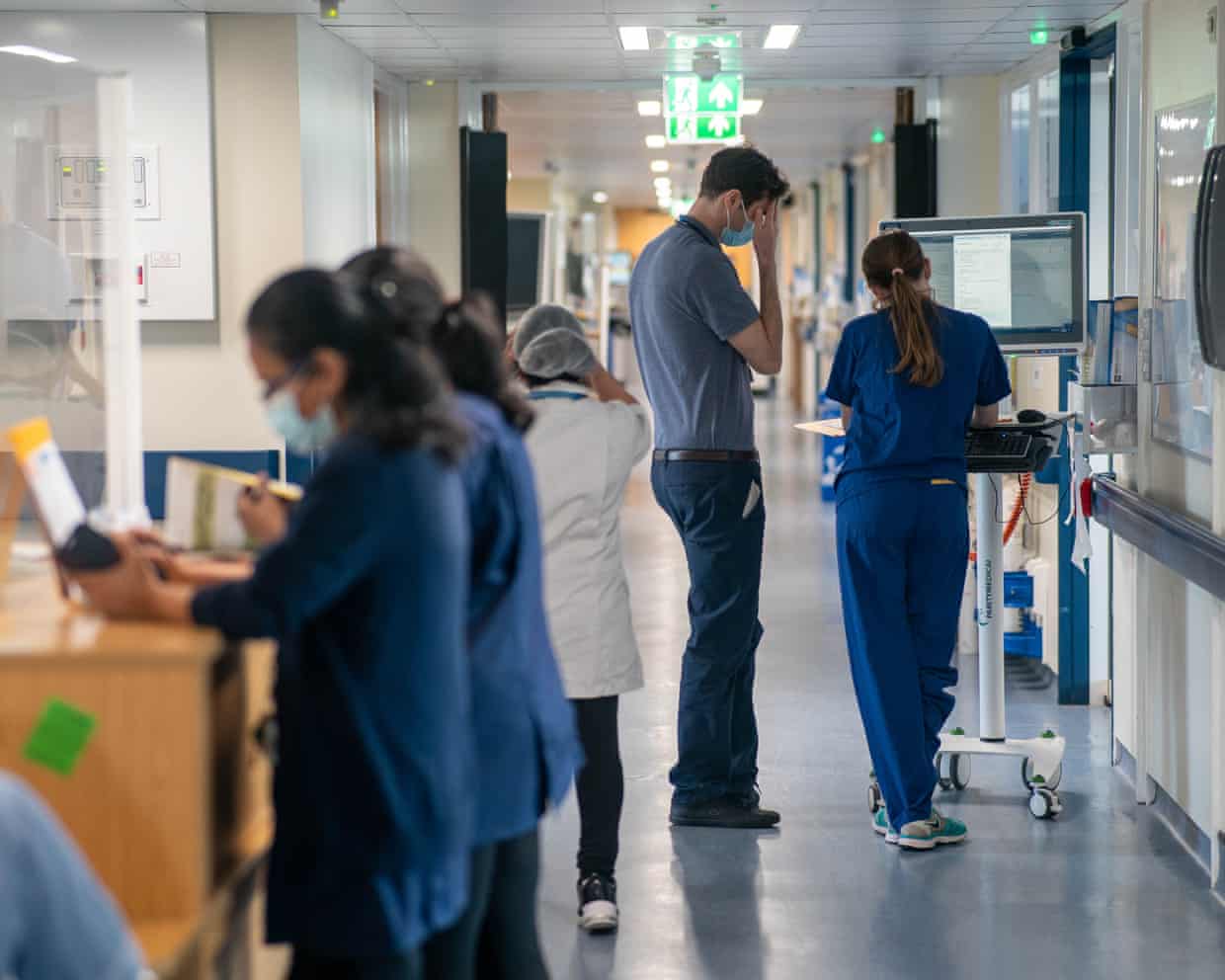
NHS hospitals to test AI tool that helps diagnose and treat prostate cancer
A tool that uses artificial intelligence to help diagnose men with prostate cancer and guide decisions about treatment is to be tested in NHS hospitals, researchers have announced.The £1.9m Vanguard Path study, funded by Prostate Cancer UK and led by researchers at the University of Oxford, is expected to last three years and will test an AI tool called the ArteraAI Prostate Biopsy Assay. In total, biopsies from more than 4,000 men will be used.The tool, which analyses digitised biopsy images to produce a personalised risk score, has already been shown in clinical trials to identify which men with high-risk prostate cancer would be most likely to benefit from the drug abiraterone

How scientists are shining light on the biology behind seasonal affective disorder
Researchers tracking large cohorts are discovering the effects of sleep, light and therapy on people impacted by winter’s arrivalFor some, the darkening days of autumn bring more than the annual ritual of reviving woolly jumpers and turning on the central heating. As the evenings close in and the mornings grow murky, energy ebbs and a heavy sadness settles in.Although seasonal affective disorder (Sad) was only formally recognised by psychiatrists in the 1980s, the link between the seasons, mood and vitality has long been observed.The Yellow Emperor’s Classic of Medicine – a Chinese text from roughly 300BC – described how the seasons affect all living things. It advised that in winter, one should “retire early and get up with the sunrise”, keeping “desires and mental activity quiet and subdued, as if keeping a happy secret”
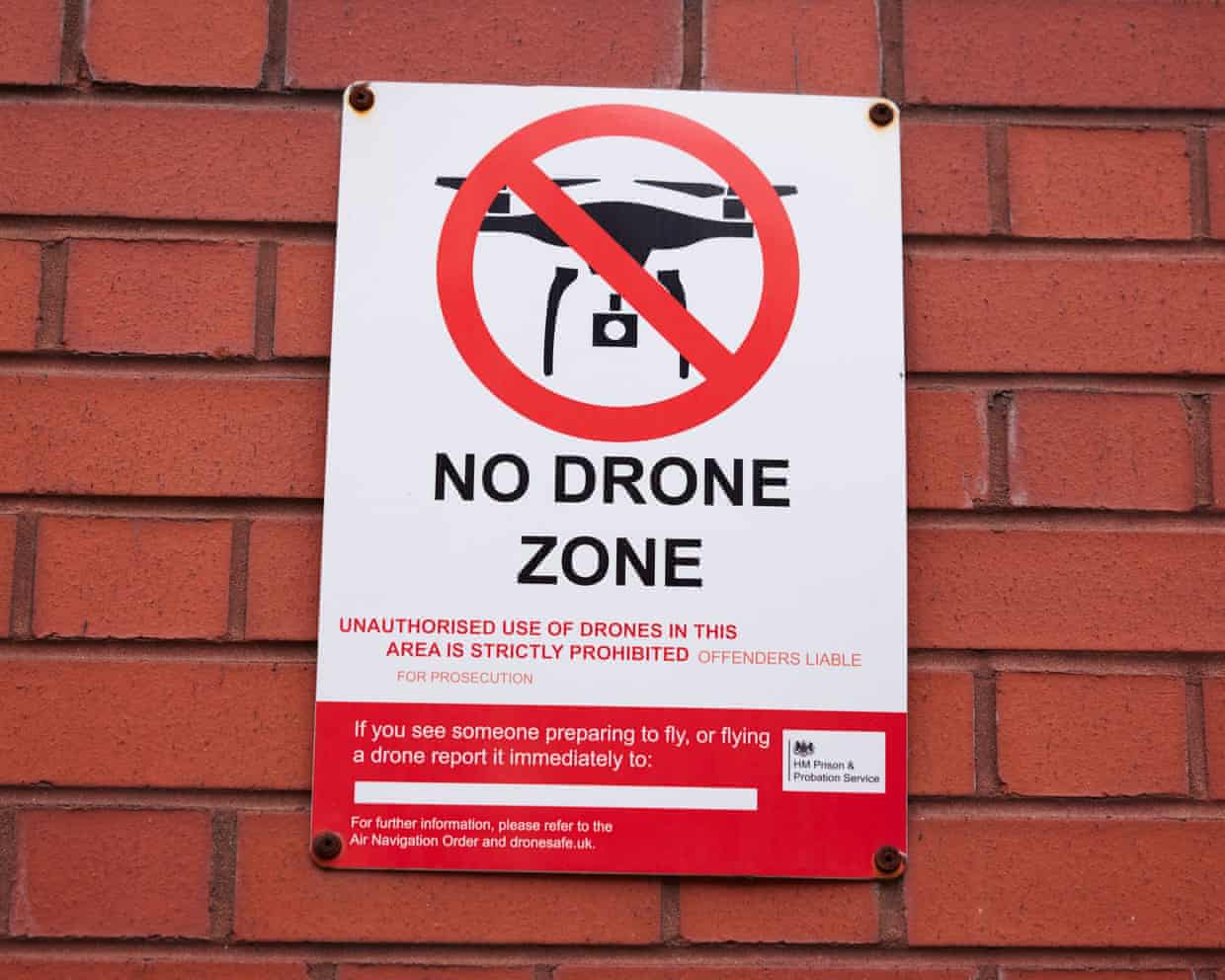
Drone-blocking technology ‘urgently’ required at jails in England and Wales
Drone-jamming technology must be rolled out urgently across jails in England and Wales to help stem the endemic use and trade of drugs by organised gangs, MPs have concluded.The Commons justice select committee has found that the Prison Service’s ability to maintain safety and control is being “critically undermined by the scale of the trade and use of illicit drugs”.It has called for technology such as SkyFence, which uses sensors to block a drone’s computer, to be introduced across the prison estate. Category A prisons, which hold some of the most dangerous inmates, should be given anti-drone technology within two years, according to a report released on Friday.The Labour chair of the cross-party committee, Andy Slaughter, said: “Fuelled by inflated profits, the supply of drugs by organised criminal gangs into prisons is a constant pressure
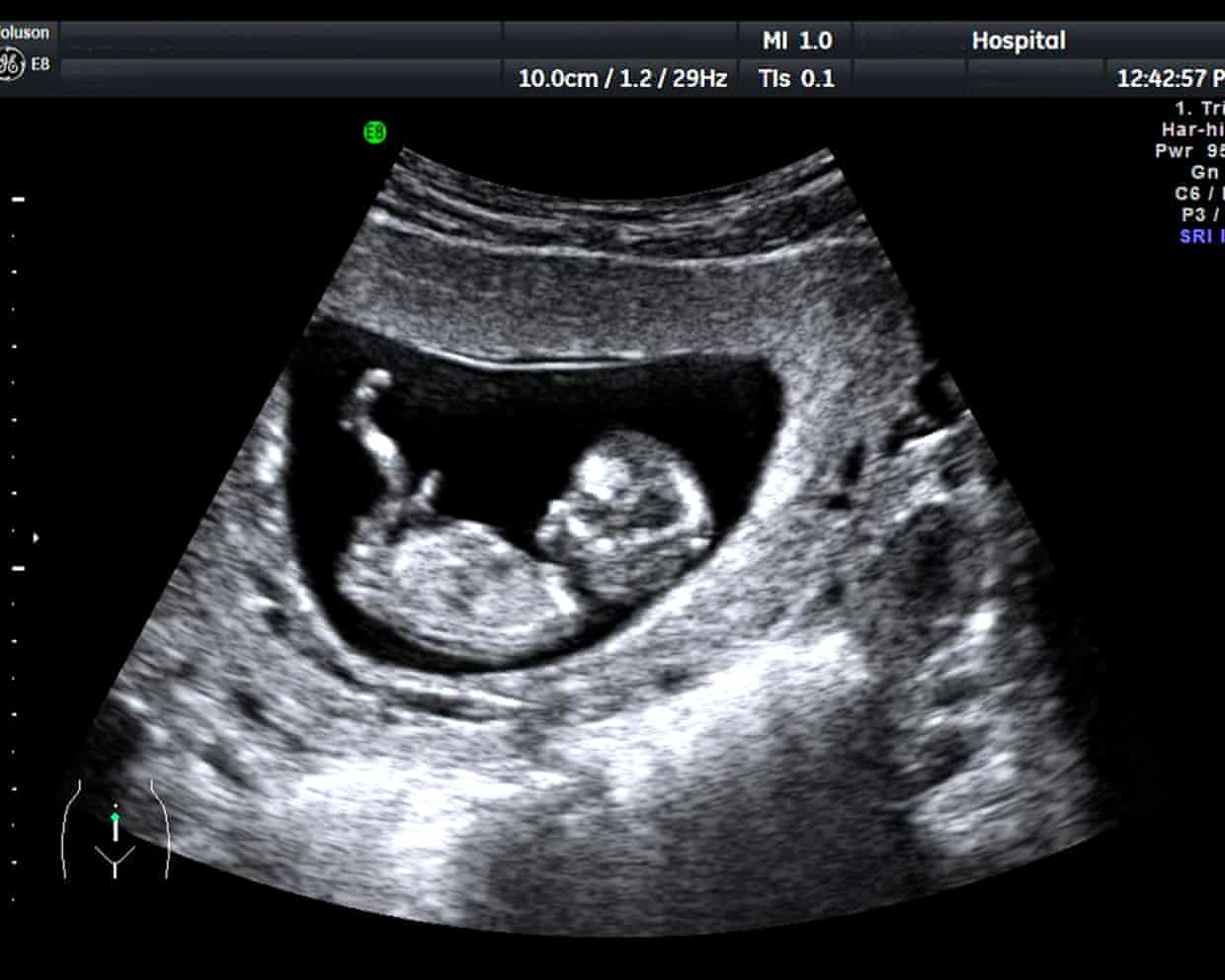
UK’s unregulated pregnancy scan clinics putting lives in danger, say experts
High street clinics offering pregnancy scans could be putting unborn babies and their mothers in danger through a lack of properly trained staff, UK experts have warned.According to the Society for Radiographers (SoR), high street clinics have seen a huge growth in numbers. However, hospital specialists say they have seen cases of missed health problems, misdiagnosed conditions, and situations in which women were erroneously told their babies were malformed or had died.“I had a lady referred for a potential miscarriage from a clinic and when I scanned her they’d measured a bleed in the womb and they completely missed a very early pregnancy sac with a baby inside it,” said Katie Thompson, a hospital sonographer and president of the SoR.“Potentially, if they were at a private clinic that could offer a miscarriage service, then they could have been given some medication to bring on a miscarriage on a pregnancy that was actually not miscarrying,” she said
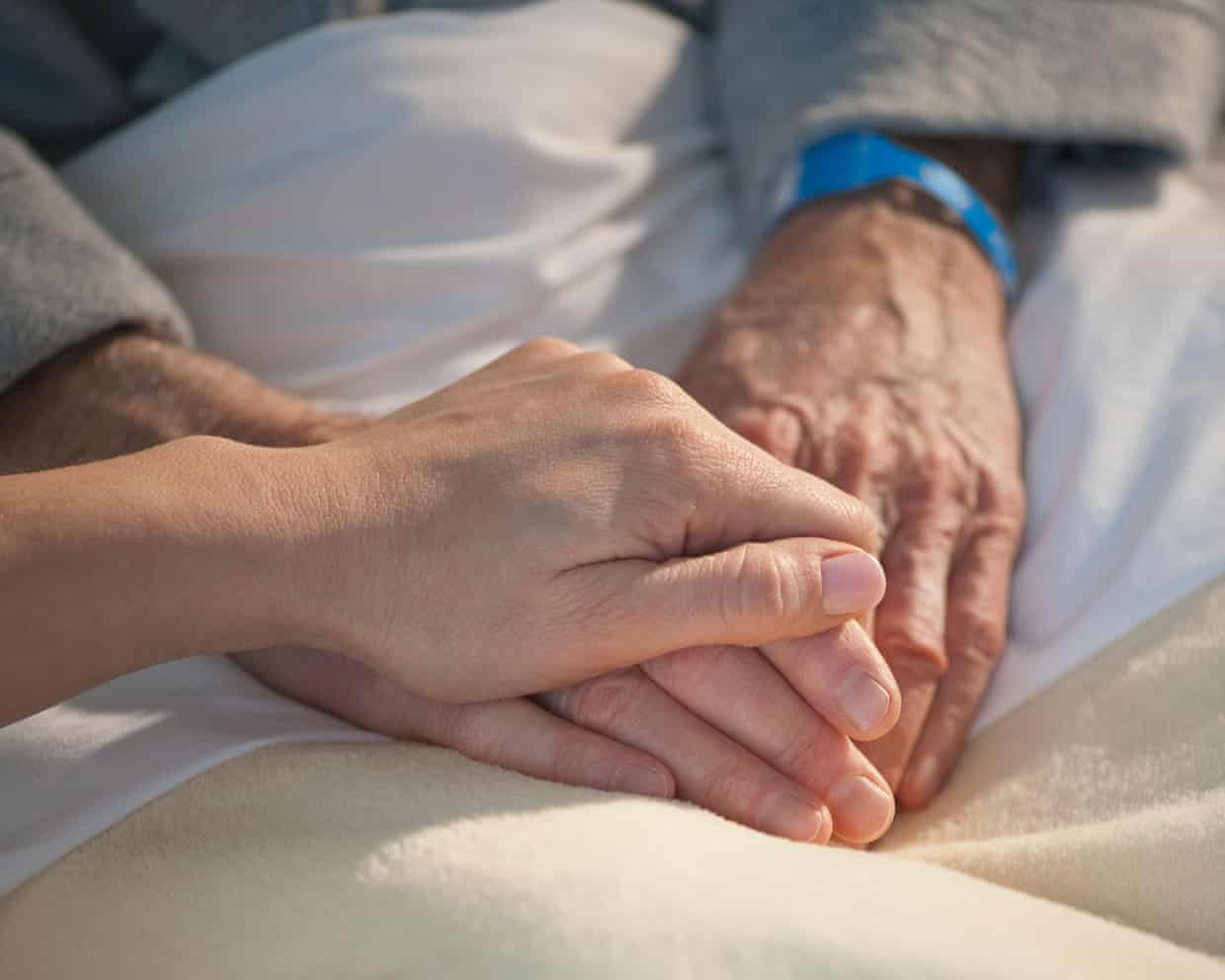
Why we must tackle the crisis in end-of-life care | Letters
Your editorial on hospices (29 October) was right to highlight the crisis in end-of-life care. As the National Audit Office’s report makes clear, unless urgent action is taken, the system will be overwhelmed. More than 5.75 million deaths are expected in the next decade, and over 5 million of those people will need palliative care. Too many face dying in avoidable pain, in poverty and alone

Jimmy Kimmel on government shutdown: ‘There is no Republican plan for healthcare’

Steve Coogan says Richard III film was ‘story I wanted to tell’ as he agrees to libel settlement

From White Teeth to Swing Time: Zadie Smith’s best books - ranked!

Nobody Wants This to Lily Allen: the week in rave reviews

Stephen Colbert on ex-prince Andrew: ‘Pervert formerly known as prince’

A third of people in England believe in ghosts, survey finds